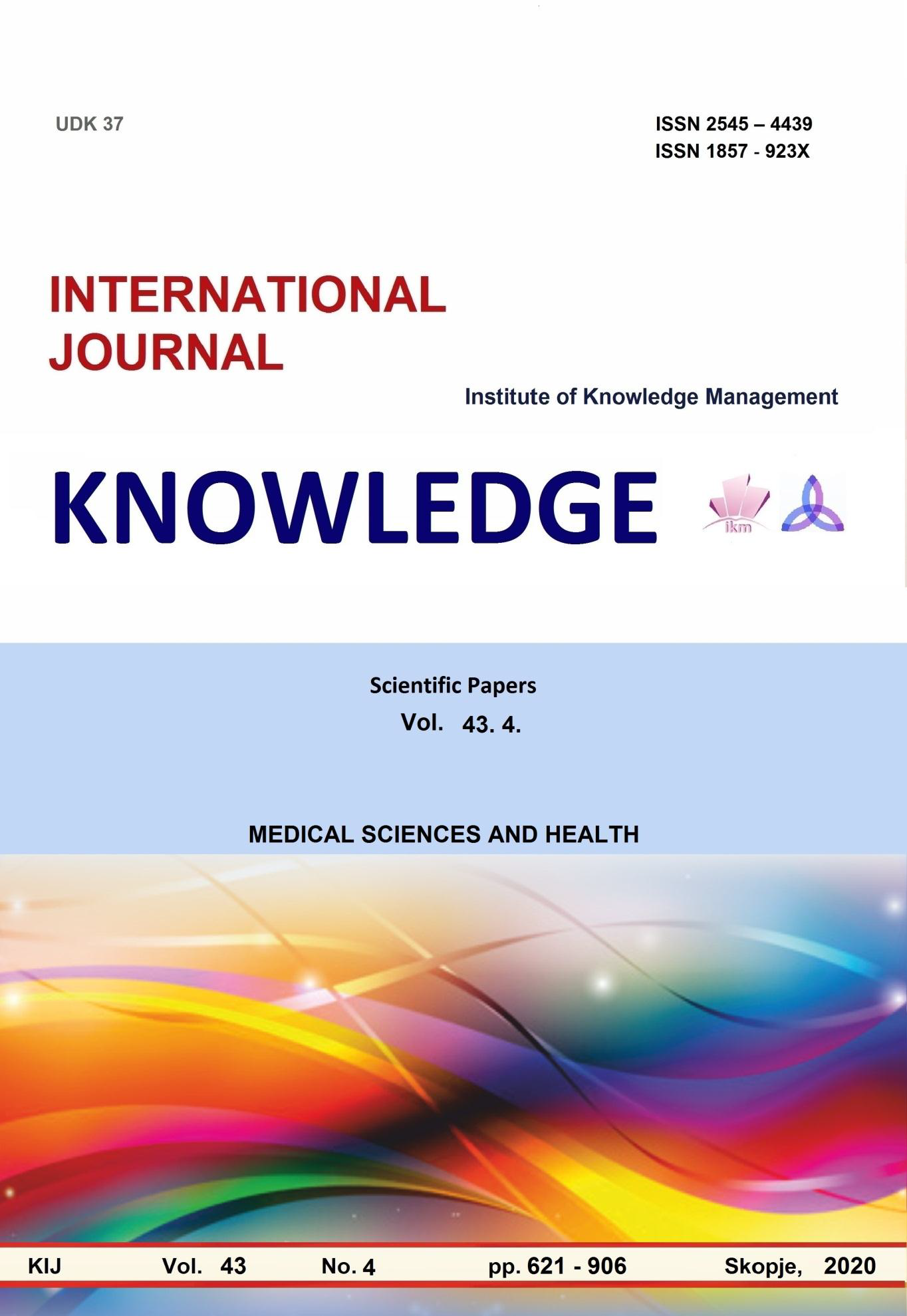CONFLICTS –A KEY TRIGGER FOR THE EMERGENCE OF PSYCHOSOMATIC DISORDERS
CONFLICTS –A KEY TRIGGER FOR THE EMERGENCE OF PSYCHOSOMATIC DISORDERS
Author(s): Lubomira DimitrovaSubject(s): Social Sciences
Published by: Scientific Institute of Management and Knowledge
Keywords: psychotherapy; psychosomatic disorders; conflicts; key conflict; actual conflict
Summary/Abstract: Today's situation in the various areas of psychotherapy requires the development of effective methods of intervention. The goal of modern psychosomatic therapy is far from focusing on the existing disorder, but on the initial resource to deal with it. If the development of this resource, expressed inabilities that are suppressed, neglected (hidden or overt), or unilaterally manifested, it leads to conflict potential. In a pandemic, the feedback from colleagues around the world, including mine, to them that partnerships within a marriage or cohabitation have sharpened along the courtesy-honesty axis. Treating partnership as "politeness" evoked the ability to allow for a sense of commitment. The existence of a global crisis related to one of the key stressors - human health, has created a culturally dependent relativism in the perception and understanding of psychosocial norms, symptoms, and disease patterns of pre-existing psychosomatic conditions. The micro-and macro-traumatic events, accumulated in the archive of personality concepts, marked an increase in the manifestation of their intensity, as a result of high levels of situational anxiety. Within the framework of psychotherapeutic sessions conducted online in the conditions of a pandemic, only one partial regression could be worked to save the need for restructuring of the personality. The exacerbation of the key dichotomy of "courtesy-honesty" affects functional disorders to occur on an organic and mental syndrome postulated as "Locus minoris residential", causing the secondary psychological benefit of the disease with subsequent entry into the vicious circle of its recurrence. -analytical inventory (DAI) is handled by the psychotherapist. Based on this toolkit, three types of reactions in the conditions of crisis and deteriorating family relations were distinguished: 1. The polite type of reaction: Considering others, one cannot express one's opinion. On the other hand, he hopes that others will have to interact with him on their own, knowing his needs. Frustration is the work of a failed consensus, and the accumulation of expectations under the guise of politeness materializes in a defense mechanism and/or psychosomatic symptoms. 2. The honest type of reaction: It is related to the expression of opinion and statement of needs and desires directly, without detours, regardless of whether he inflicts emotional violence on his partner with his verbalization. The consequences of this type of reaction are guilt. 3. The indecisive type of reaction: It is characterized by a fluctuation between politeness, honesty, and guilt. Communication opportunities need to be developed, which is associated with the courage to express needs. Also, the metacommunicative abilities are engaged, through which a person can detect communication disorders, to study the conditions and causes, to identify misunderstandings, concepts, and to eliminate possible disturbances promptly. The main postulate of the work is getting help for self-help. In this line of thought, the client in many cases verbalizes his conflict and seeks with the help of the therapist a resource to deal with the created conflict on the axis between politeness and honesty.
Journal: Knowledge - International Journal
- Issue Year: 43/2020
- Issue No: 4
- Page Range: 843 - 848
- Page Count: 6
- Language: English

